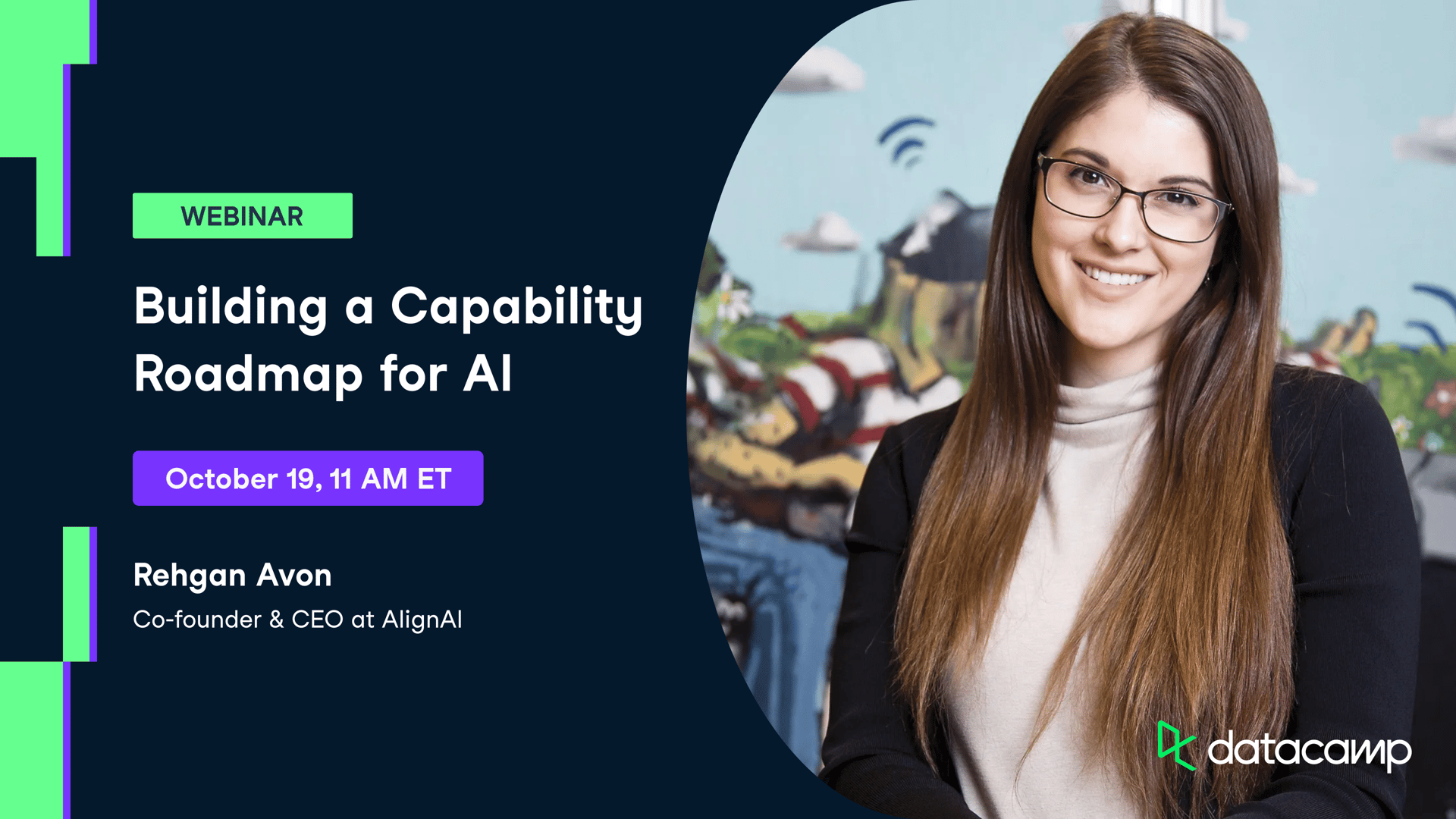Pular para o conteúdo principal





Relacionado
webinar
Building an AI Strategy: Key Steps for Aligning AI with Business Goals
Experts unpack the key steps necessary for building a comprehensive AI strategy that resonates with your organization's objectives.webinar
Building Trust in AI: Scaling Responsible AI Within Your Organization
Explore actionable strategies for embedding responsible AI principles across your organization's AI initiatives.webinar
Getting ROI from AI
In this webinar, Cal shares lessons learned from real-world examples about how to safely implement AI in your organization.webinar
Leading with AI: Leadership Insights on Driving Successful AI Transformation
C-level leaders from industry and government will explore how they're harnessing AI to propel their organizations forward.webinar
From Learning to Earning: Navigating the AI Job Landscape
Dmitry Shapiro, CEO at MindStudio.ai, Alex Jaimes, Chief AI Officer at Dataminr, and Caryn Tan, Learning Solutions Architect at DataCamp, will guide you through the evolving landscape of AI careers.webinar
Charting the Path: What the Future Holds for Generative AI
Explore how generative AI tools & technologies will evolve in the months and years to come and navigate through emerging trends, potential breakthrough applications, and the strategic implications for business.Join 5000+ companies and 80% of the Fortune 1000 who use DataCamp to upskill their teams.
Loved by thousands of companies

